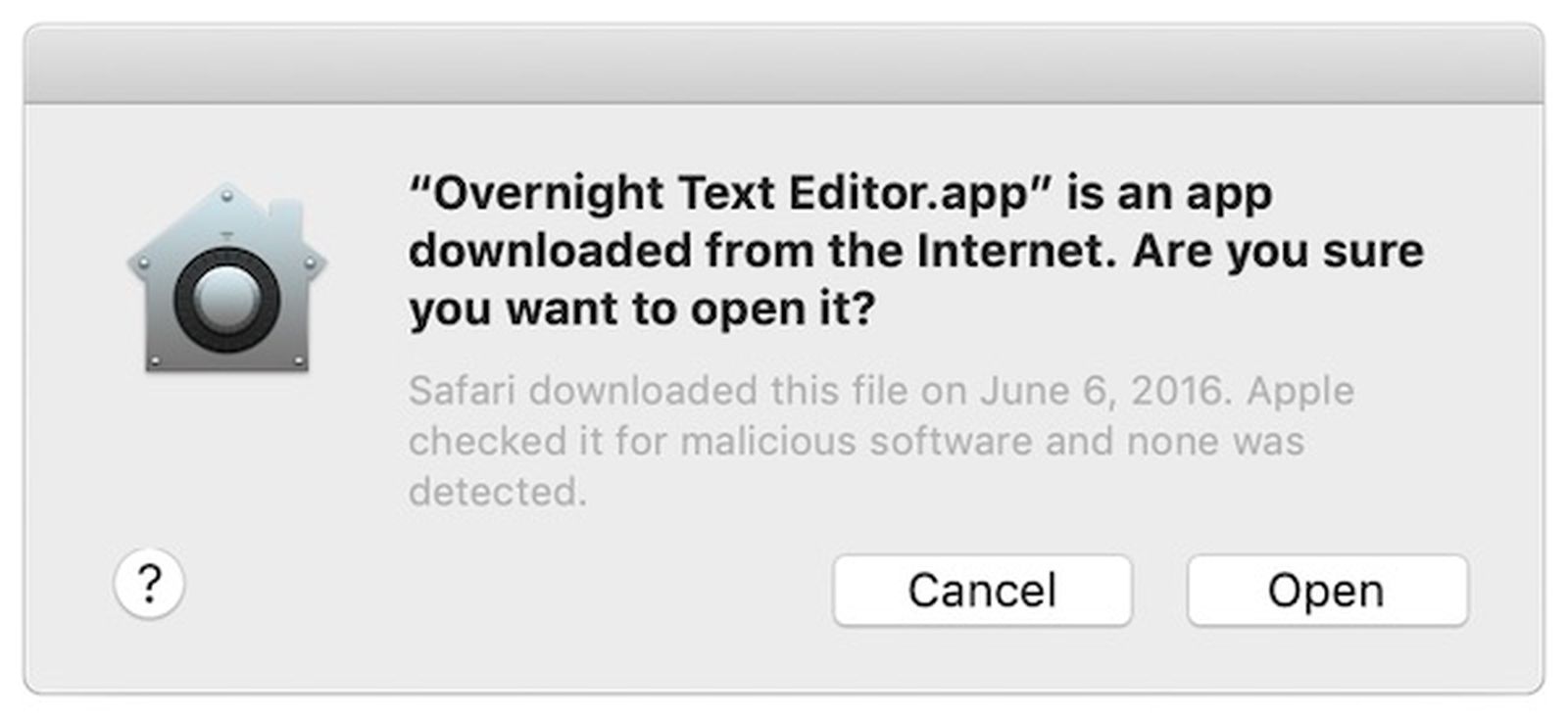Okay. Okay. I didn't see a lot of comments from this perspective...
No doubt there have been grumbles and clearly requests (certainly by large corporations) for App Store policy changes, however, clearly most developers aren't aggressively combating the guidelines, including the 30%. So, doesn't that suggest the majority of software developers are satisfied with the agreement (i.e. it isn't unfair)?
I have heard otherwise.
The latest podcast "Chromecast" has a big talk about how amazing the Geforce service was playing on a cheap chromebook which was a painfully slow machine, but played the game lovely and smooth:
Here is the link to listen to the podcast.
You (and others) may find it interesting to hear what they are saying about their real world experiences:
<p>This week on The Chrome Cast, our conversation is quite a bit more nuanced than the title says, but the number of things we discussed simply can’t be conveyed in a few words. The first half centers around Google’s changes to Meet, their cooperation with Zoom, and the improved focus across the...

player.fm
" The second half of the podcast centers around GeForce NOW for Chromebooks. As a completely web-based solution to game streaming for Chromebooks, it is not just a rival to Stadia, but a champion in most respects. With a buttery-smooth performance right from the browser-based player, GeForce NOW has tons of games and tons of players to go along with its fantastic playback experience, and its arrival for Chromebooks this week is well worth talking about. "
I'd be interested to hear your thoughts if you'd care to listen to this and hear from people actually trying such a service on low end machines in the real world.
@Zellio is
referring to network limitations, not the client. And, I think, the point was even though network hardware improves there are still inevitable delays.
Consider how often you experience the theoretical maximum of any technology. You don't, and most techies/nerds/geeks routinely estimate at least a 25% loss of the advertised (possible) max speed due to general execution and problems. In terms of network traffic, packets of data are packaged/unpackaged, sent/received over the physical media, and processed. Every device, referred to as nodes, does this. So, your PC, console, tablet, etc send data to your router, that processes it and relays, then probably to a modem, then to a neighborhood router of your ISP, then to another ISP router, then another, and so on. These are known/referred to as "hops." Even if performed very quickly, each node executes at least the aforementioned basic process though sometimes more, such as anti-virus checking, etc. Also, unlike most home networks and even some corporate networks, the WWW has lots of paths data packets can travel. Routers do analyze and choose the seemingly best next node to relay as well as cache the needed information. However, if a node or link goes down, there's extra congestion, or other problem, after noticing a chain of errors or longer transmission times the router will attempt to find and link to another node -- again, of course, requiring extra time. The time taken for a data packet to travel from source to destination, latency, is measured in milliseconds.
With that explained, it might be possible for a network connection's latency to match that of game controllers and other input devices. Although, the possibility is going to vary greatly for each person based upon your home network speed, Internet plan speed, how close the nearest data center is, ISPs' capable bandwidth, number of hops, and current network congestion between each hop.
I've found reported BT device latency numbers to be anywhere from 10 to 500 ms. As a comparison, doing a piing to nvidia.com averaged ~122 ms and google.com averaged 36 ms.
Lastly, the podcast you linked to did say GeForce NOW is "buttery smooth" on their Chromebook though I didn't hear any elaboration, e.g., whether that's just the video and audio content or everything, any input lag, etc.




